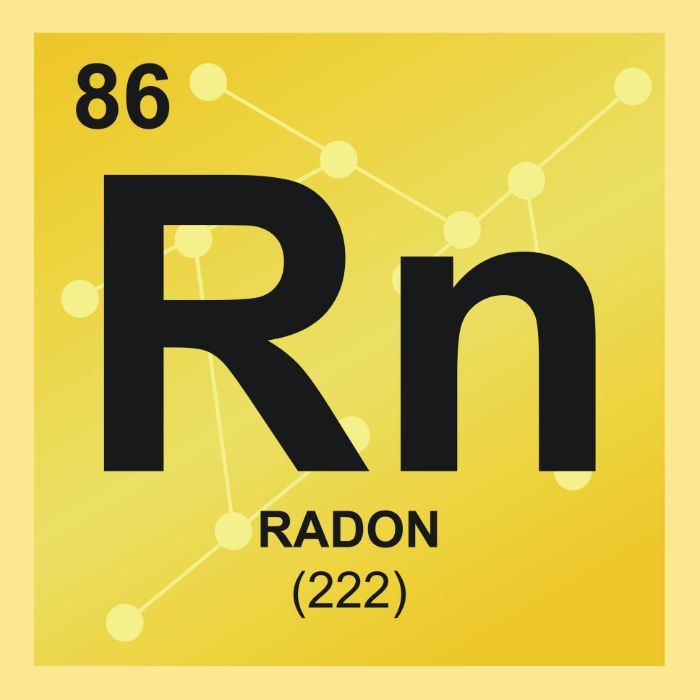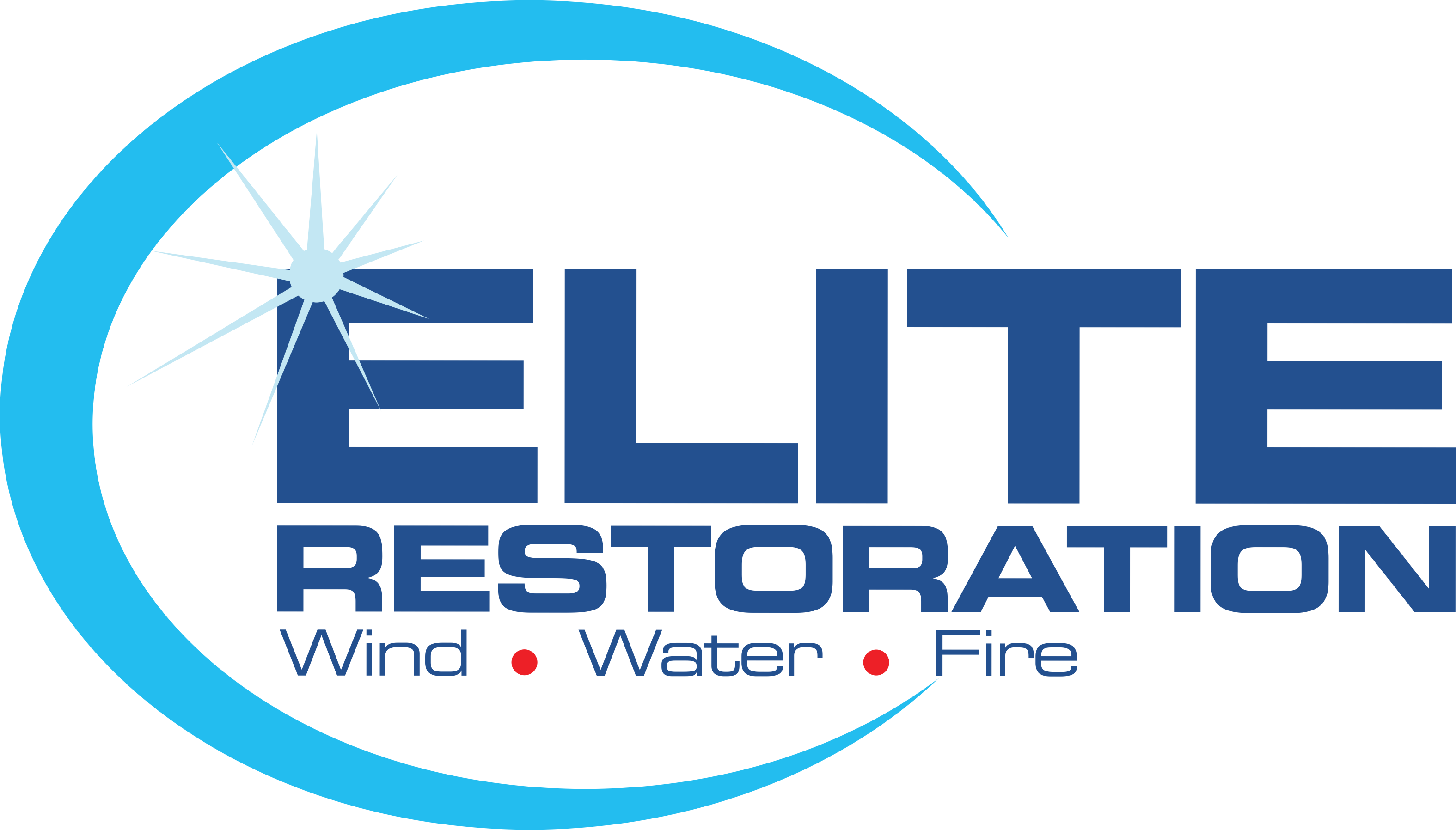The Importance of Radon Testing

What is Radon?
Radon (seen as Rn on the Periodic Table of Elements) is a naturally occurring gas. It is colorless, odorless and tasteless. Because radon is slightly heavier than air, it is usually found in the lower levels of a home. But in some cases, it can be detected in upper floors of the home as well.
Why is it important to test your home for radon?
Radon is the second leading cause of lung cancer in the world, second only to cigarette smoke. Because it is a carcinogenic, it is very important to know what levels you are being exposed to over long periods of time. There are risks associated with prolonged exposure, but many states don’t have any regulations regarding radon testing. Idaho is among these states without specific Radon laws.
Fortunately, anyone can have an exposure test performed and take measures to make their home safer. You can read more in depth information about radon by viewing our page on Radon Testing & Mitigation.
Common radon testing methods.
- DIY radon testing. There are kits available online and in some stores that allow you to test for Radon in your home. Short term tests help show potential exposures, and long term tests will help give a more accurate exposure reading.
- Radon water testing. Water samples are taken from a kitchen and/or bathroom sink and sent to a laboratory for processing. Getting water radon test results usually takes about 7 days.
- Real Estate radon testing. Having a radon test done as part of a real estate transaction can take anywhere from 48 to 96 hours, and results process in about 7 days. A Continuous Radon Monitor (CRM) can get results much faster, but they are usually only available to professionals.
- Long term radon monitoring. Long term radon tests are the most accurate way to measure exposure. This test uses either a CRM or a passive Alpha Track Detector, and can take 90 days to 365 days. Because this test takes so long, and because it requires special equipment, hiring a specialist is the best option.
Options for mitigation.
Contact a radon mitigation specialist to find the right solution for your home. Most mitigation solutions involve slab work or crawlspace work, and they are hard to do yourself. Read more about our most common solutions here.

